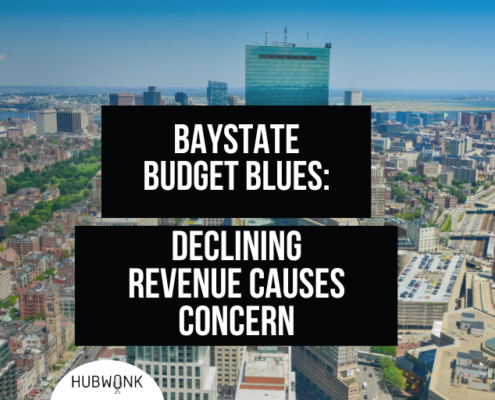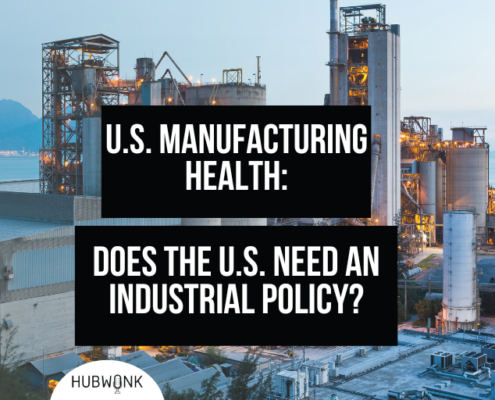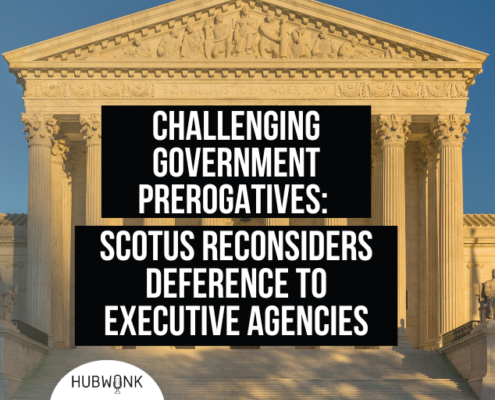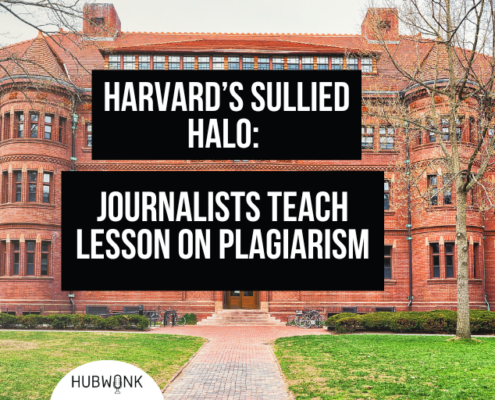Shepherding Infrastructure Spending: Project Labor Agreements’ Effects on Community Public Construction Projects
This week on Hubwonk, host Joe Selvaggi talks with Suffolk University Economics Prof. Jonathan Haughton about his research into the effects and costs attending the adoption of Project Labor Agreements in large construction projects. The discussion focuses on Prof. Haughton’s two research pieces, The Effects of Project Labor Agreements in Massachusetts, and Do Project Labor Agreements Raise Construction Costs?, and the implications of PLAs on future projects in Massachusetts.
Guest
 Prof. Jonathan Haughton is the Economics Chair and Professor at Suffolk University. He has previously taught at Wellesley College, Northeastern University, Harvard University, and in international colleges in China, Rwanda, Japan, and Viet Nam. He is the author of four books, more than 50 articles in refereed journals, and over a hundred papers and reports. He has consulted to the World Bank, African Development Bank, Inter-American Development Bank, UNDP, IMF, USAID, Ford Foundation, Land Reform Training Institute (Taipei), and the National Institute of Statistics of Rwanda. He earned his undergraduate degree from Trinity College in Dublin and his Ph.D in economics from Harvard.
Prof. Jonathan Haughton is the Economics Chair and Professor at Suffolk University. He has previously taught at Wellesley College, Northeastern University, Harvard University, and in international colleges in China, Rwanda, Japan, and Viet Nam. He is the author of four books, more than 50 articles in refereed journals, and over a hundred papers and reports. He has consulted to the World Bank, African Development Bank, Inter-American Development Bank, UNDP, IMF, USAID, Ford Foundation, Land Reform Training Institute (Taipei), and the National Institute of Statistics of Rwanda. He earned his undergraduate degree from Trinity College in Dublin and his Ph.D in economics from Harvard.
Get new episodes of Hubwonk in your inbox!
Related Posts









